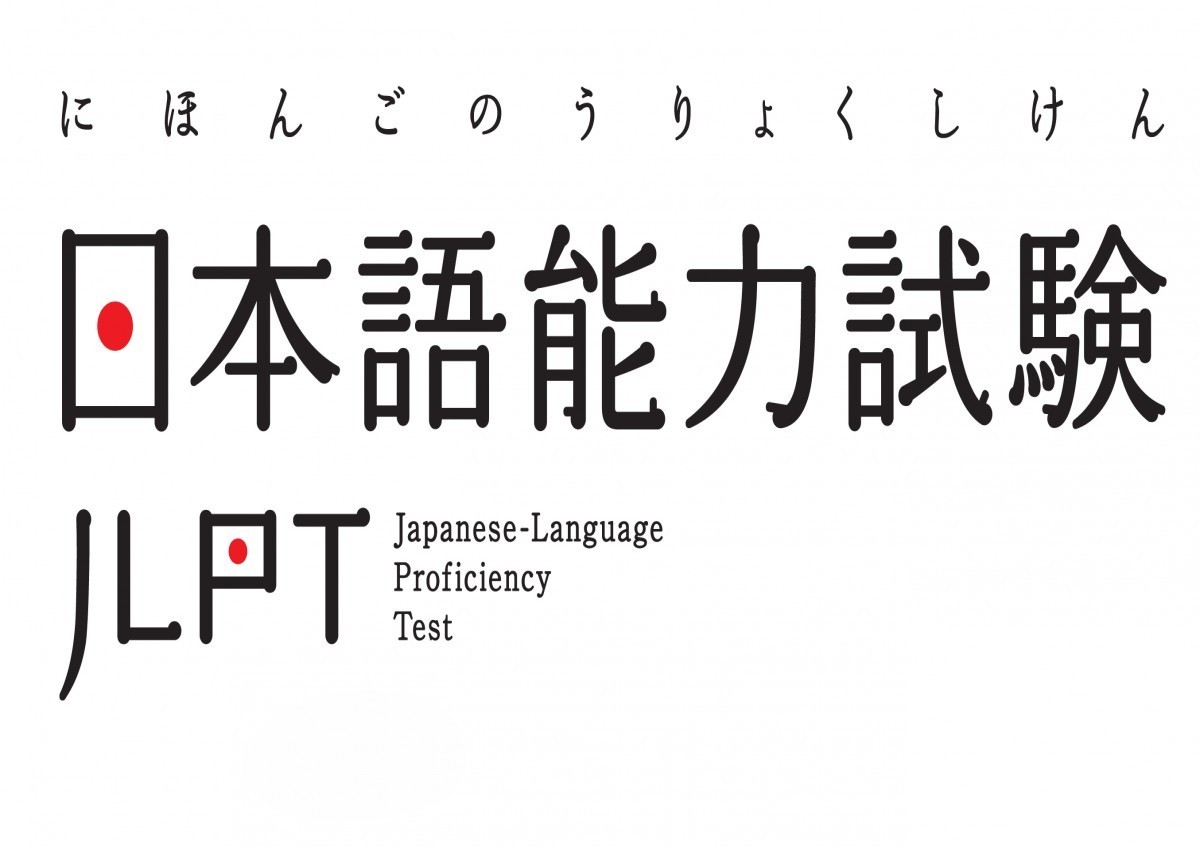08 Nov
"How to Break Language Barriers? Experiencing Japanese Culture For Better Japanese Studies"
How to Break Language Barriers? Experiencing Japanese Culture for Better Japanese Studies
Learning a new language, especially one as unique as Japanese, can be both challenging and rewarding. To truly master Japanese and excel in examinations like the Japanese Language Proficiency Test (JLPT), it's essential to go beyond textbooks and immerse yourself in the culture. In this article, we explore how experiencing Japanese culture can help break language barriers and enhance your Japanese language studies.
**1. Cultural Context for Language**
Language and culture are inextricably linked. Understanding the cultural context of language use is crucial for effective communication. Many nuances, idiomatic expressions, and colloquialisms cannot be fully grasped without cultural awareness. When you experience Japanese culture, you gain insights into how language is used in real-life situations, and this knowledge is invaluable for acing the JLPT, which often includes passages and questions related to Japanese culture and society.
**2. Vocabulary Enrichment**
Japanese culture introduces you to a wealth of unique vocabulary and idiomatic expressions. Concepts like "omotenashi" (Japanese hospitality) and "tsundoku" (the act of buying books and letting them pile up, unread) have specific cultural meanings. Learning these terms not only enriches your vocabulary but also deepens your cultural understanding. This is particularly advantageous for the JLPT's reading and listening sections, which require context-based comprehension.
**3. Practical Language Usage**
Experiencing Japanese culture provides you with opportunities to see and use the language in practical contexts. Interacting with native speakers during cultural activities, such as tea ceremonies, festivals, and calligraphy classes, allows you to apply your language skills in real-life situations. This hands-on experience is instrumental in breaking down language barriers and building confidence in your language proficiency.
**4. Enhanced Listening Skills**
The JLPT assesses listening comprehension at various levels, and the ability to understand different accents and speaking styles is vital. Engaging with Japanese media, such as movies, music, and TV shows, provides a platform to fine-tune your listening skills while immersing yourself in the language. This experience helps you become more attuned to various speech patterns, contributing to better listening comprehension during the exam.
**5. Cultural Sensitivity**
Japanese culture has its own set of norms, traditions, and etiquette, which significantly shape the way the language is used. Understanding and appreciating these cultural nuances is crucial, not just for respectful communication but also for understanding texts and conversations in the JLPT. Demonstrating cultural sensitivity can guide you in selecting appropriate language and responses in different scenarios, often tested in the exam.
**6. Real-life Application**
The ultimate goal of language study is to be able to navigate real-life situations in the target language. Experiencing Japanese culture not only equips you with the appropriate language for specific contexts but also enables you to comprehend and respond effectively in various real-life scenarios, similar to those you might encounter in the JLPT.
**7. An Enjoyable Learning Experience**
Language learning is most effective when it's engaging and enjoyable. Experiencing Japanese culture, whether it's through traditional activities, contemporary trends, or pop culture like anime and manga, can make your studies more exciting. When you're having fun and connecting with the culture, you're more likely to remember new words and concepts, improving your overall language proficiency.
In conclusion, experiencing Japanese culture is a potent way to enhance your language studies, break language barriers, and excel in the JLPT. It deepens your cultural awareness, enriches your vocabulary, and helps you practice the language in real-life contexts. Moreover, it fosters an enjoyable and memorable language learning experience. By embracing Japanese culture as an integral part of your language studies, you not only break language barriers but also gain a profound appreciation of the language and its cultural context. This holistic approach to learning Japanese will not only benefit your studies but also enrich your personal and cultural understanding.










